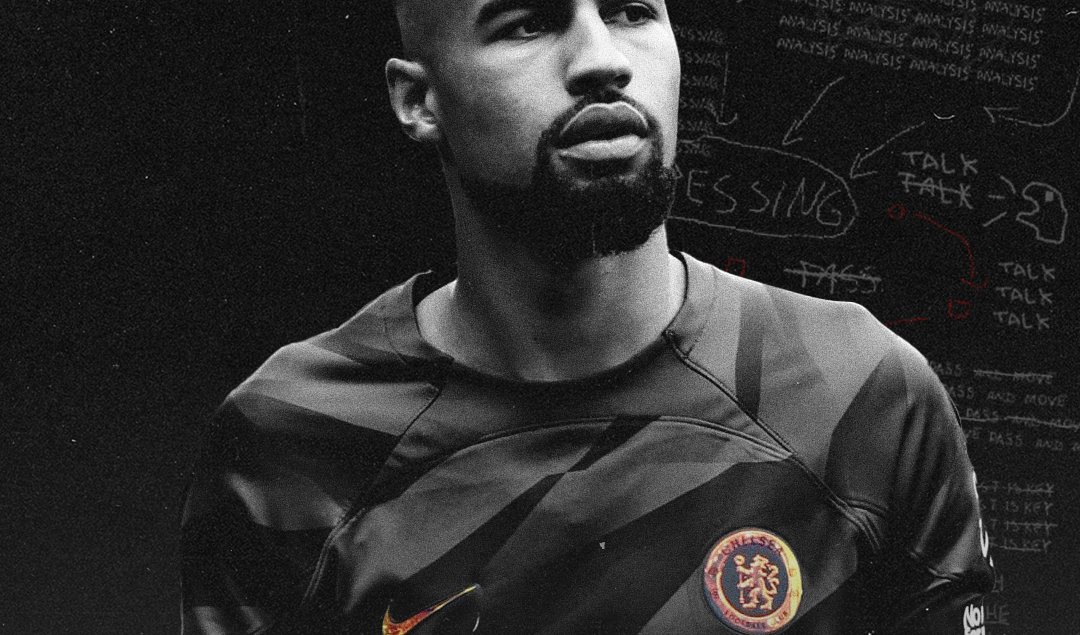Chelsea on Top of the World
The Club World Cup, held for the first time in an expanded format this year, has come to an end. Chelsea managed to claim the title ahead of the heavily favored PSG, signaling a promising season ahead despite the Premier League still being a month away. For those who followed the action through platforms like Merkur XTip, the tournament offered surprises but also raised questions about the value and success of this format.
Did the New Format Work?
The most noticeable change was the tournament structure itself. While including 32 teams allowed for broader global participation, it also led to a diluted level of competition. Many matches lacked intensity, and overall football quality suffered. Hosting the tournament in the United States, where soccer still trails behind basketball, American football, baseball, and hockey in popularity, further limited engagement.
Many games were played in large stadiums with visibly empty stands. The timing of matches, often during weekdays and work hours, reduced local attendance, despite organizers’ attempts to balance time zones for global viewers. Over 60 games were played across 30 days, which made the schedule dense and taxing.
Despite heavy investment in promotion, local interest was limited, something that should concern organizers. This tournament was intended as a test event ahead of next year’s FIFA World Cup, which will also take place in the U.S., across 11 cities. The turnout for the Club World Cup doesn’t inspire much confidence, though higher attendance is expected at the World Cup due to traveling national team fans, as was the case during the 1994 tournament.
Not Enough Rest for the Players
From a football perspective, the tournament didn’t live up to the expectations of dedicated fans. Players looked fatigued after long club seasons, and their physical and mental energy appeared depleted. With such a packed schedule, participating players barely had time to rest before being thrown back into competition.
The scheduling left little room for excitement in terms of match outcomes. There were multiple one-sided results, reducing the unpredictability often sought in sports betting. Weather conditions also played a role, with extreme heat affecting play and several matches briefly halted due to nearby lightning strikes.
Quarterfinals and Semifinals Recap
Quarterfinals
The quarterfinals saw Fluminense edge out Al-Hilal 2–1, while Chelsea defeated Palmeiras by the same score. In one of the most anticipated clashes, PSG beat Bayern Munich 2–0. Real Madrid completed the round with a 3–2 win over Borussia Dortmund.
Semifinals
Chelsea advanced to the final after a 2–0 victory over Fluminense, thanks to two goals from João Pedro. PSG delivered a dominant performance in their semifinal, crushing Real Madrid 4–0. Paris scored three of those goals within the first 30 minutes, leaving no doubt about their superiority in that match.
The Final
The much-anticipated final featured Chelsea against PSG. Despite PSG entering as favorites in the eyes of most fans and analysts, Chelsea delivered a masterclass performance, winning 3–0. Live betting on the final, particularly through popular platforms, attracted strong attention due to the unexpected early dominance.
All three goals came in the first half. Cole Palmer dazzled once again, scoring two stunning goals and providing an assist for João Pedro. PSG created chances but were denied repeatedly by goalkeeper Robert Sánchez, who kept a clean sheet with a standout performance. Chelsea’s win not only secured the trophy but also announced their readiness to compete at the highest level this season.
